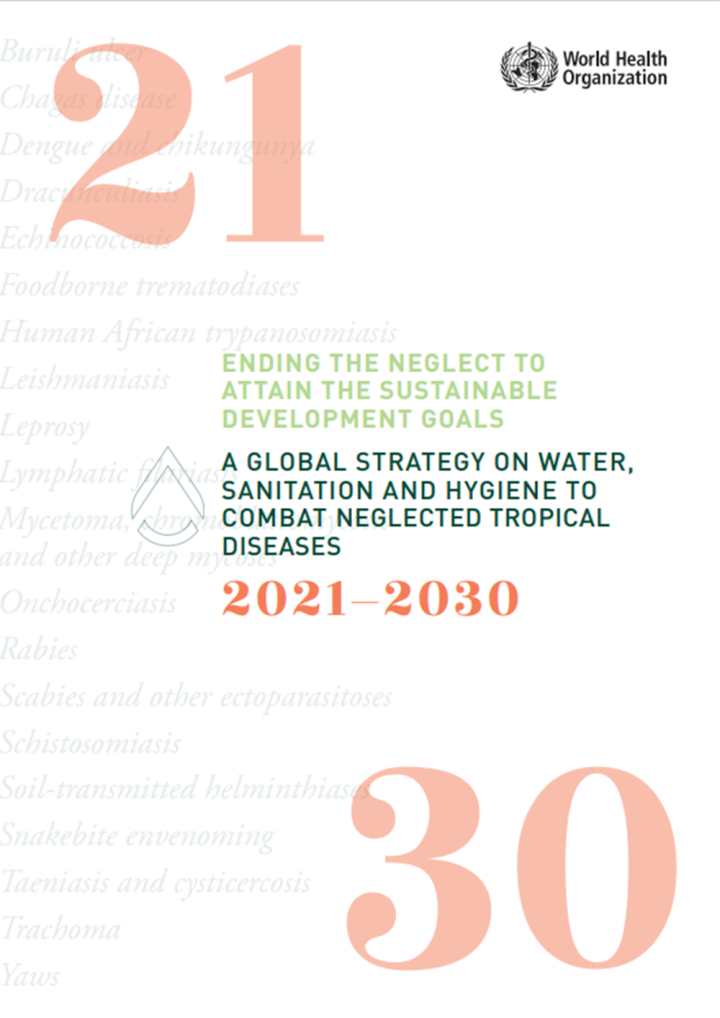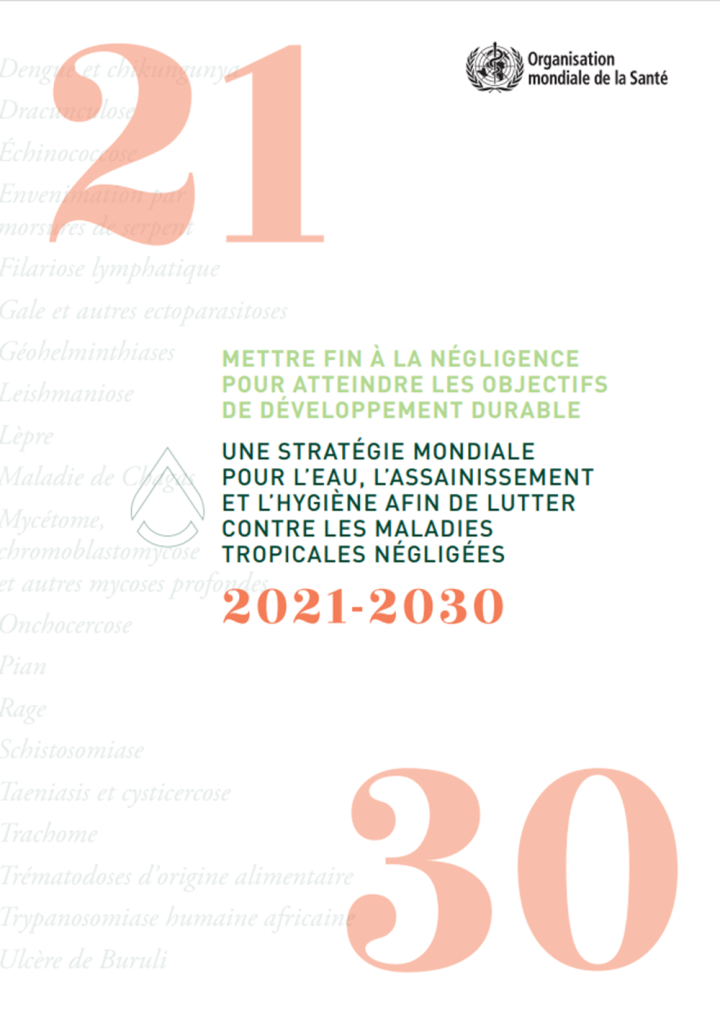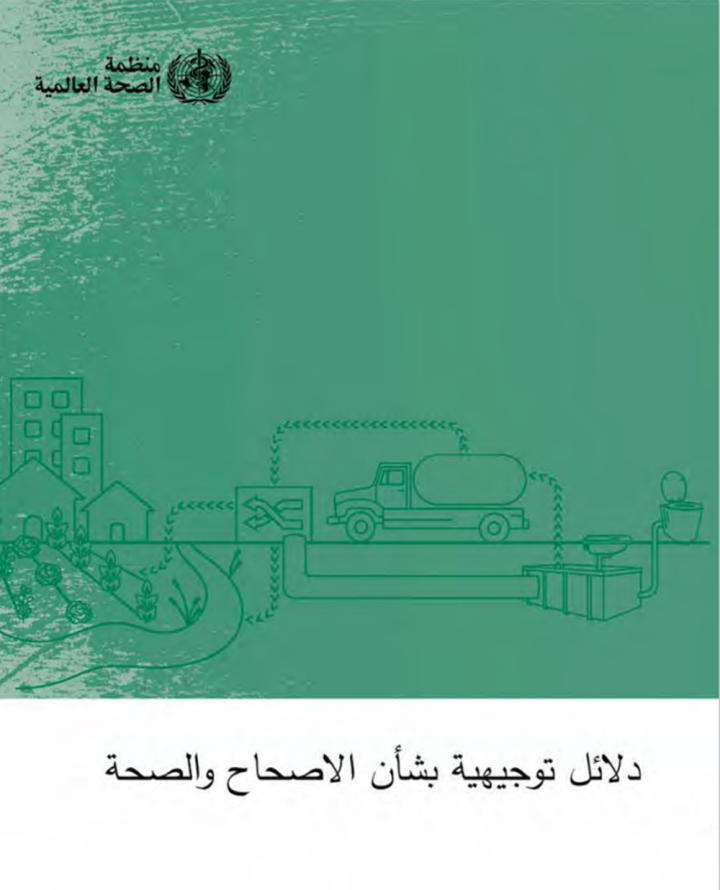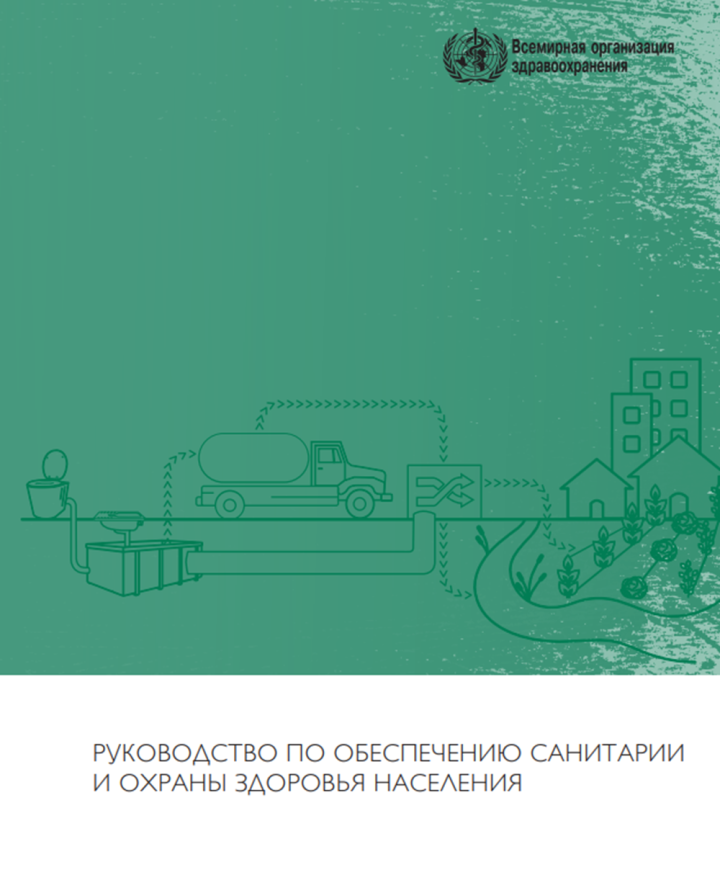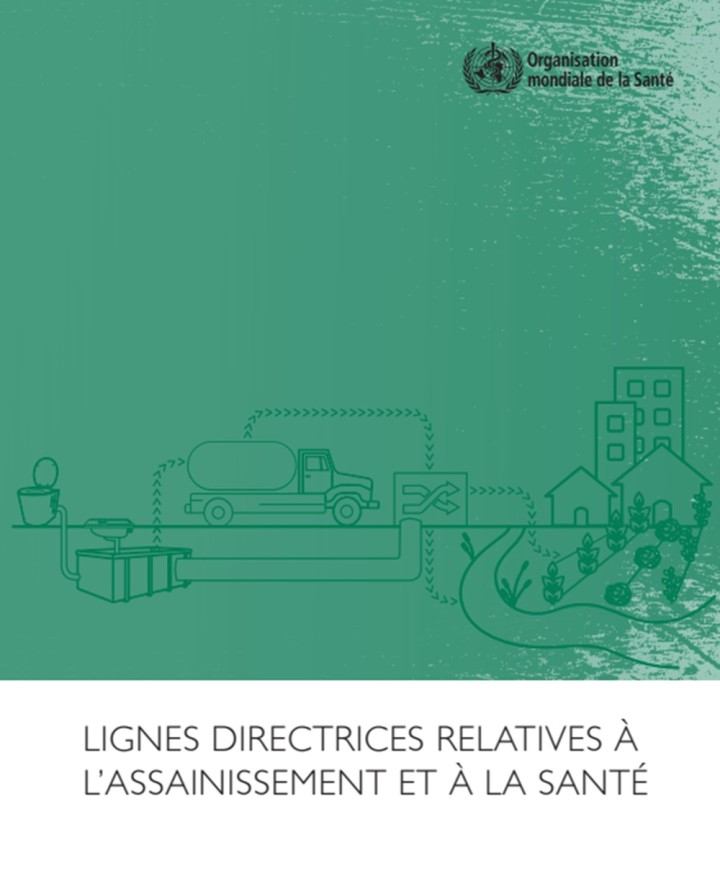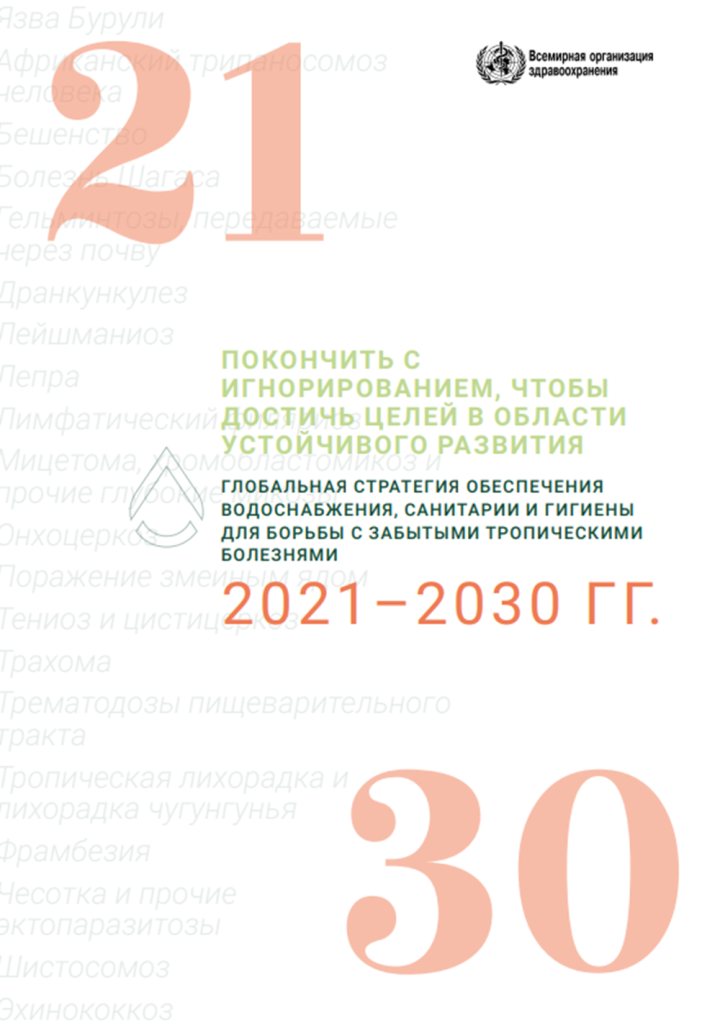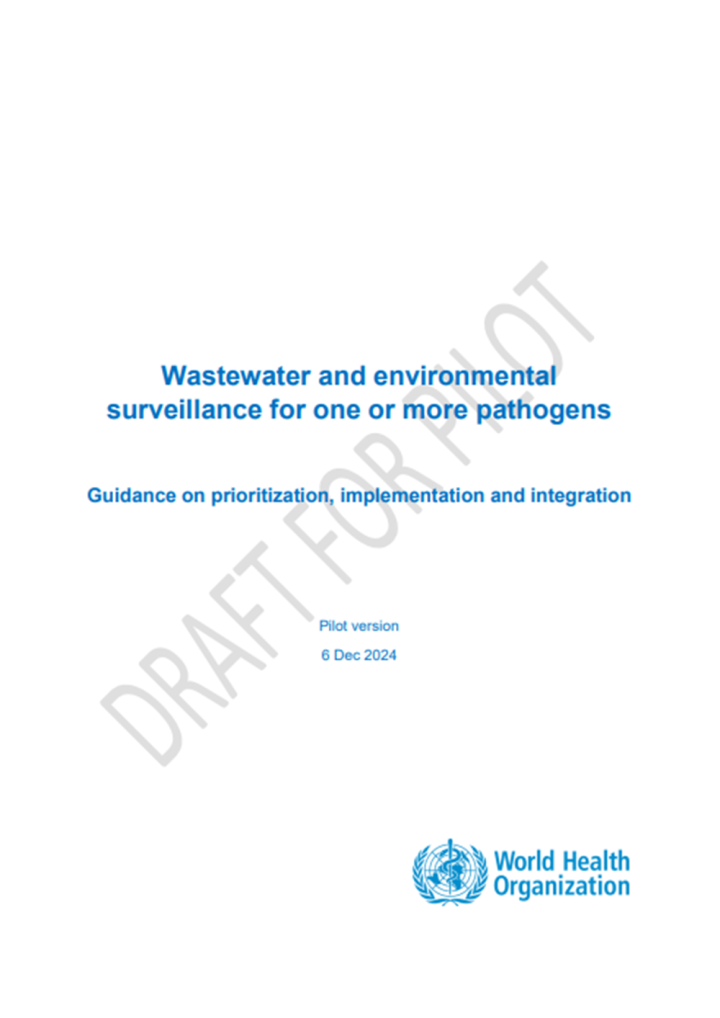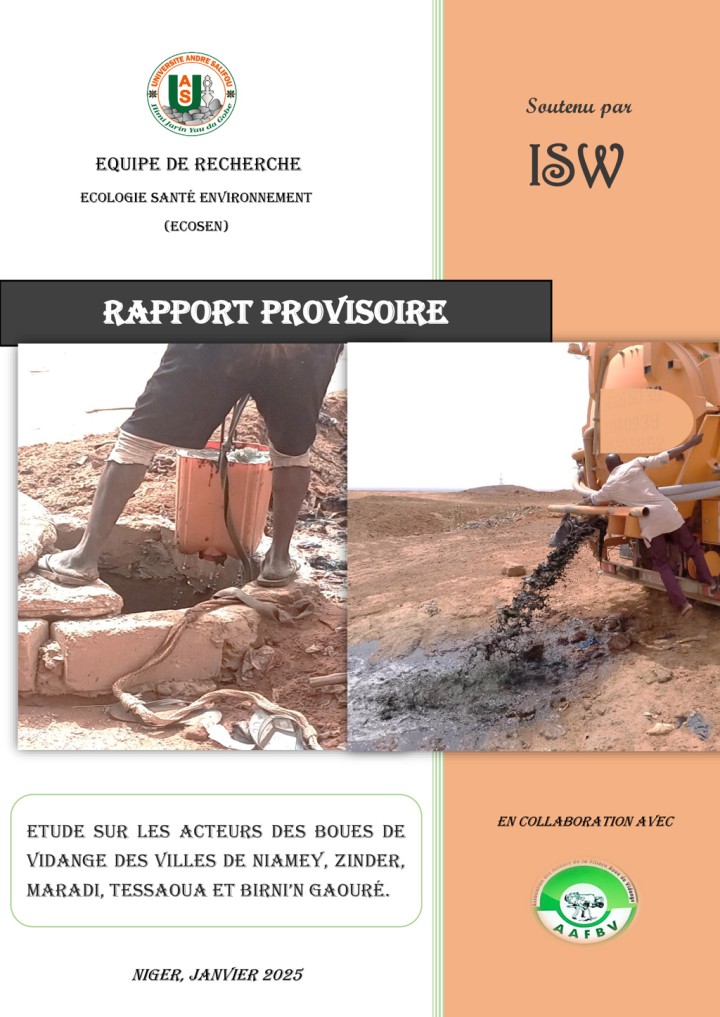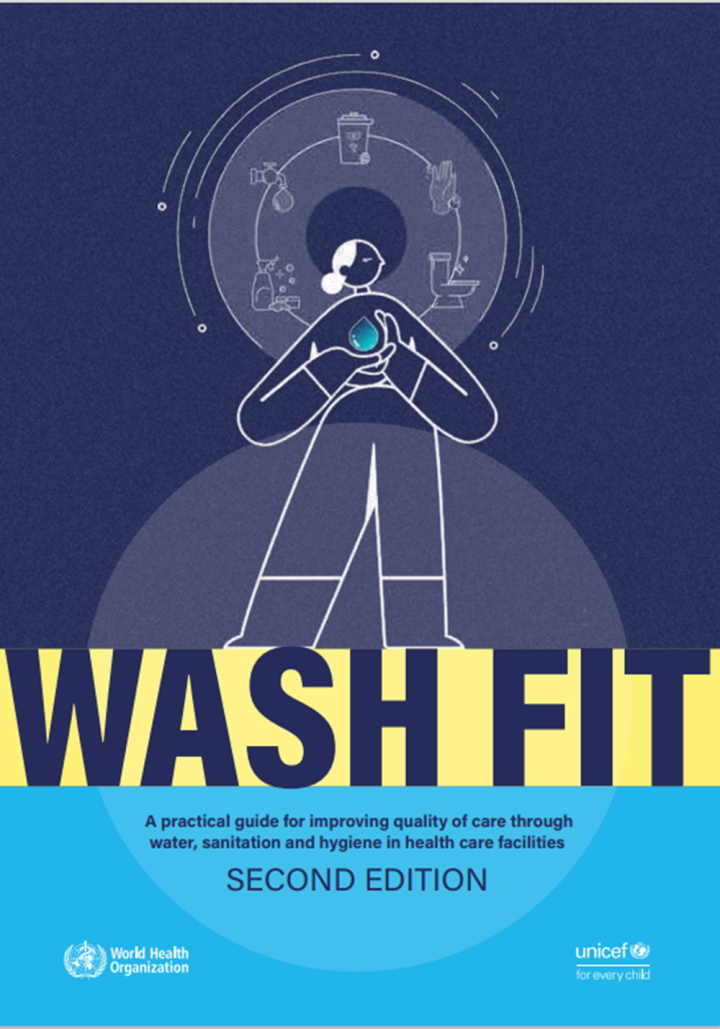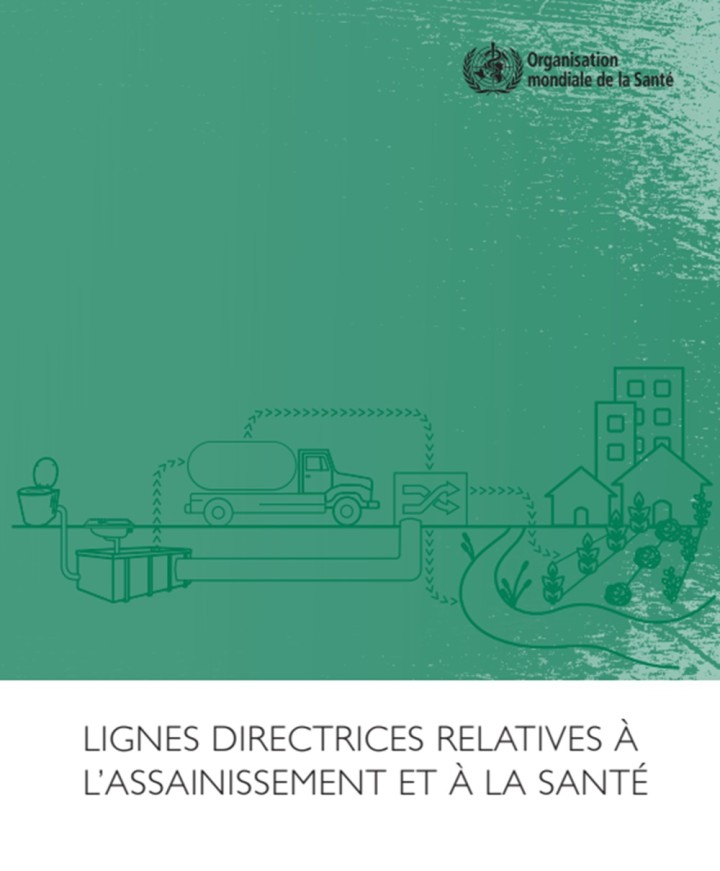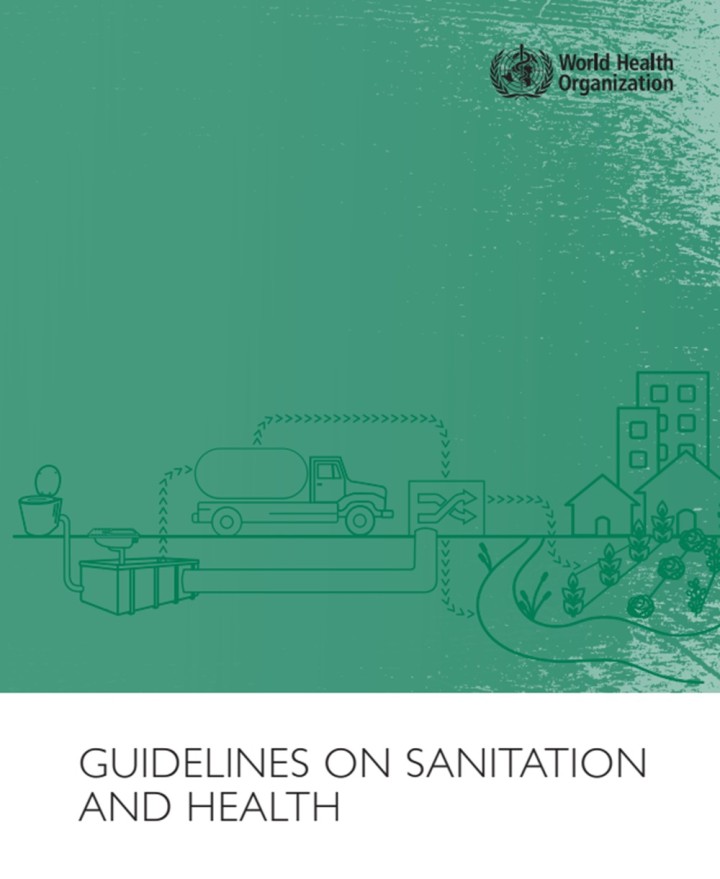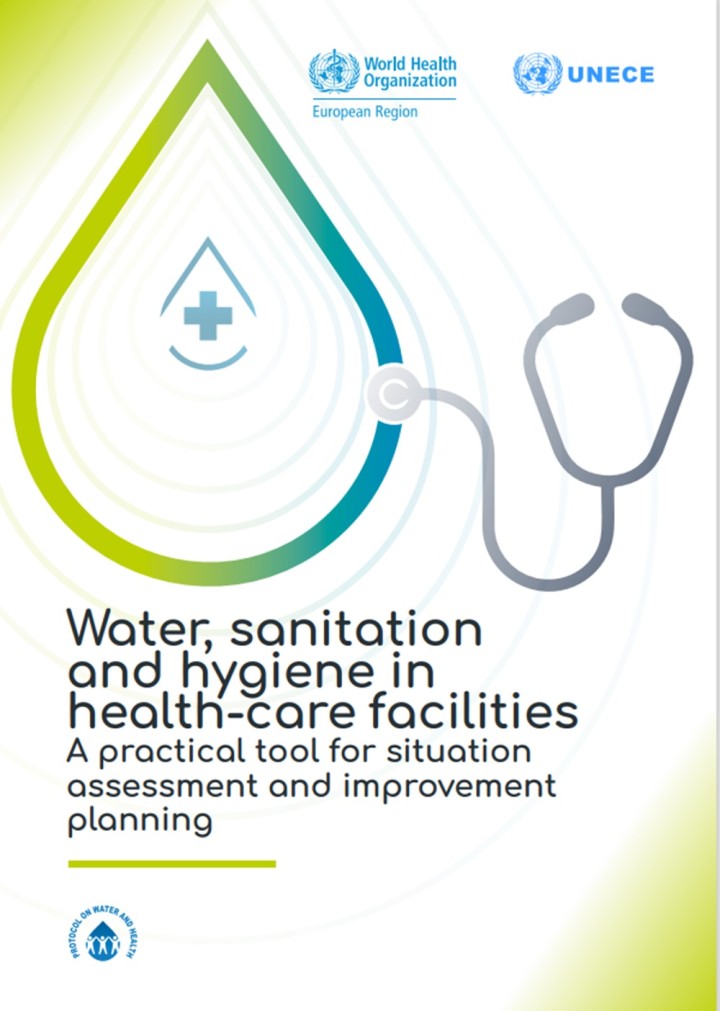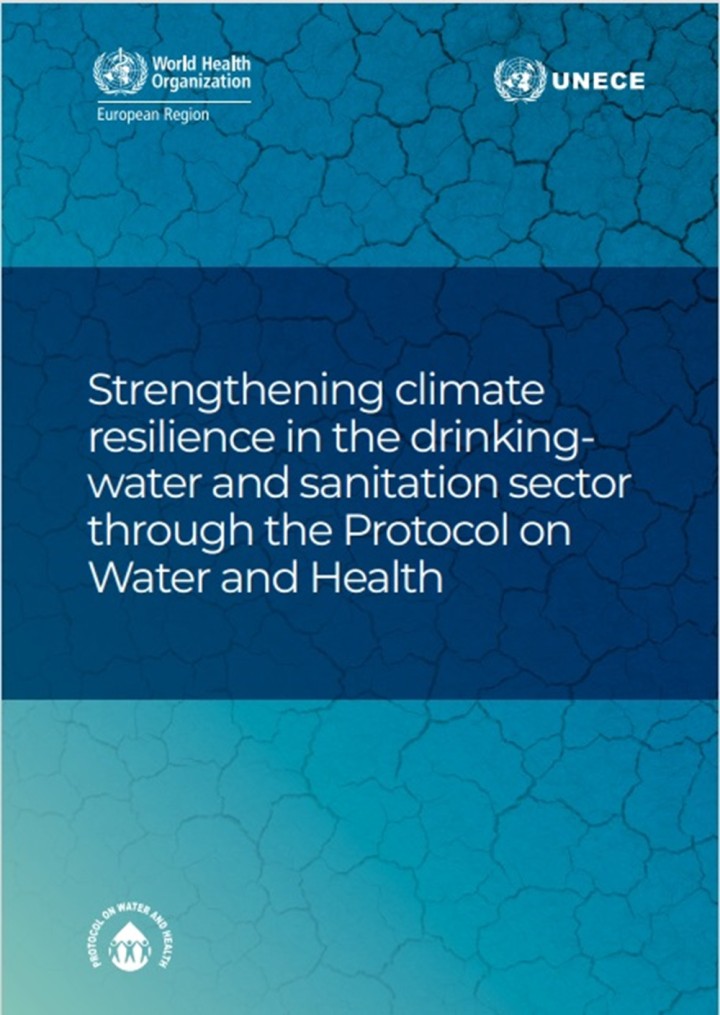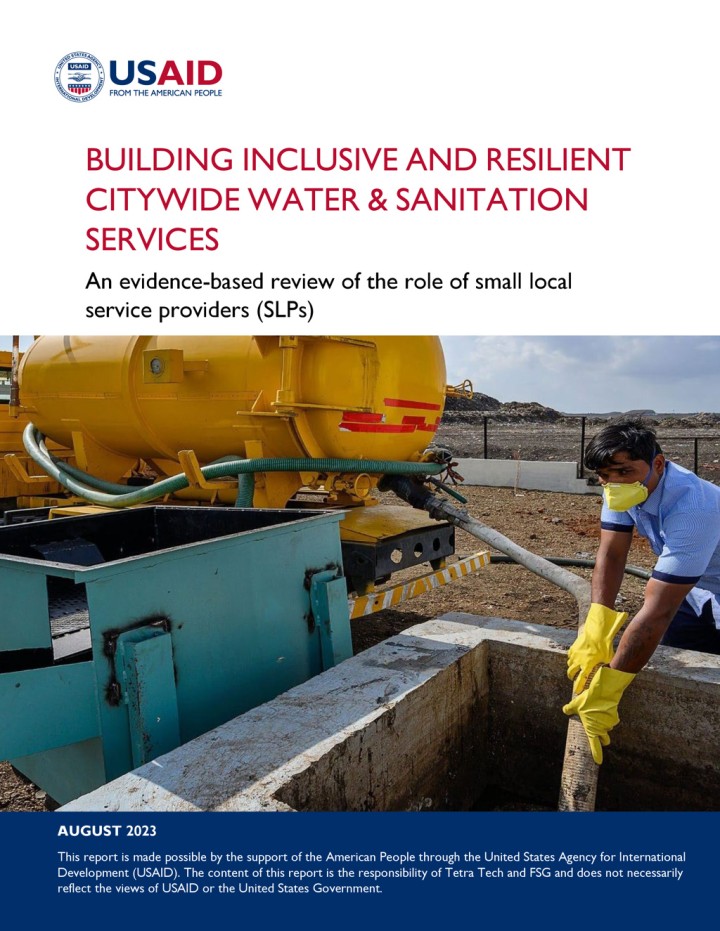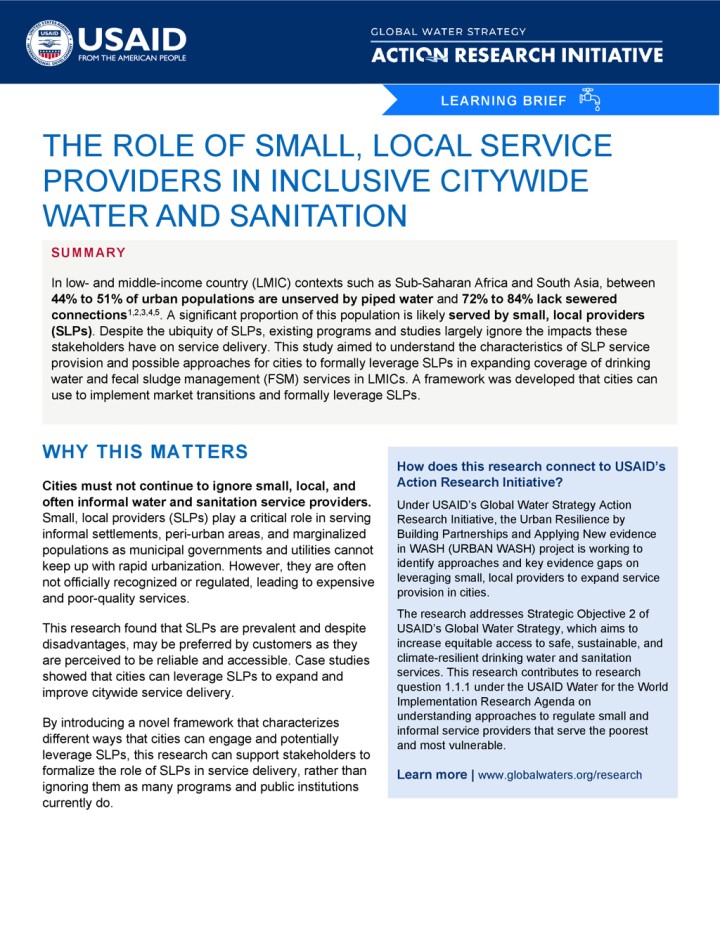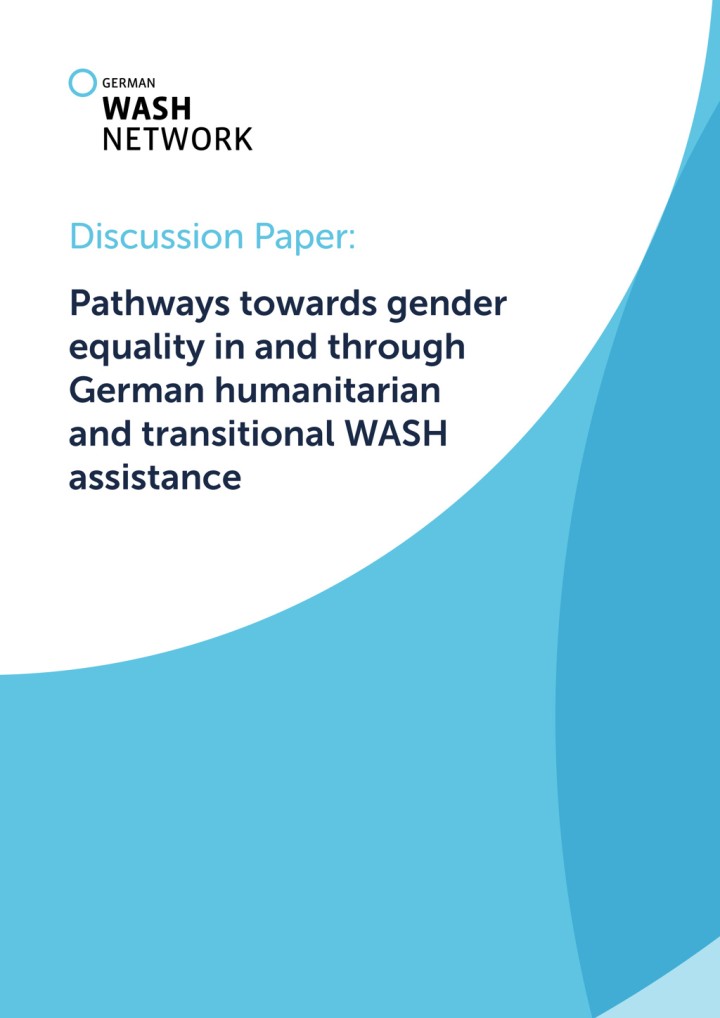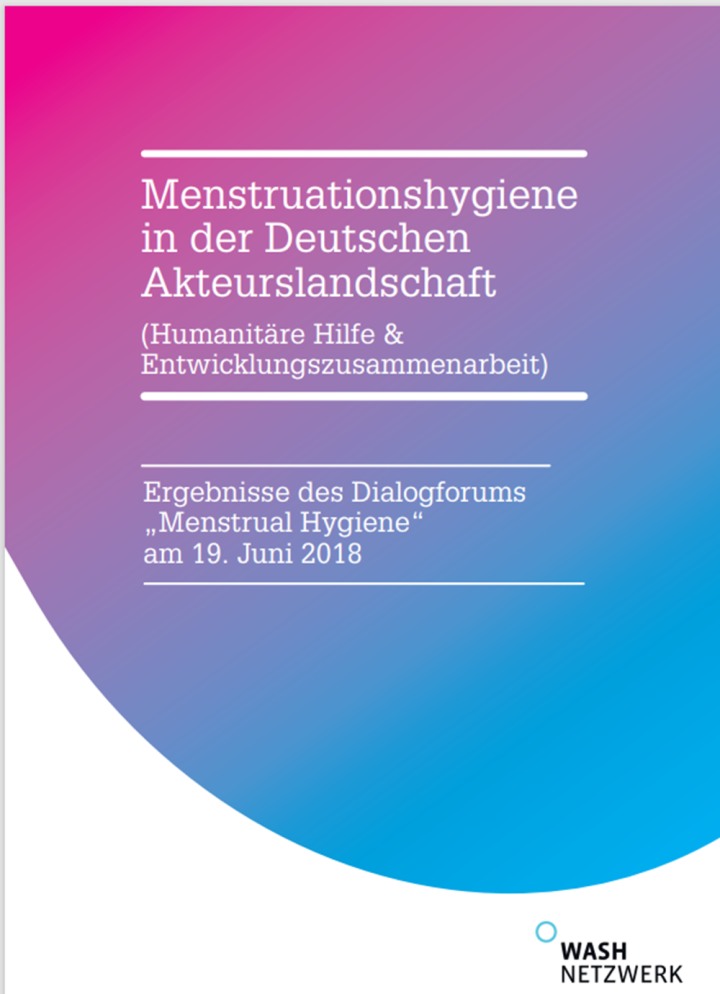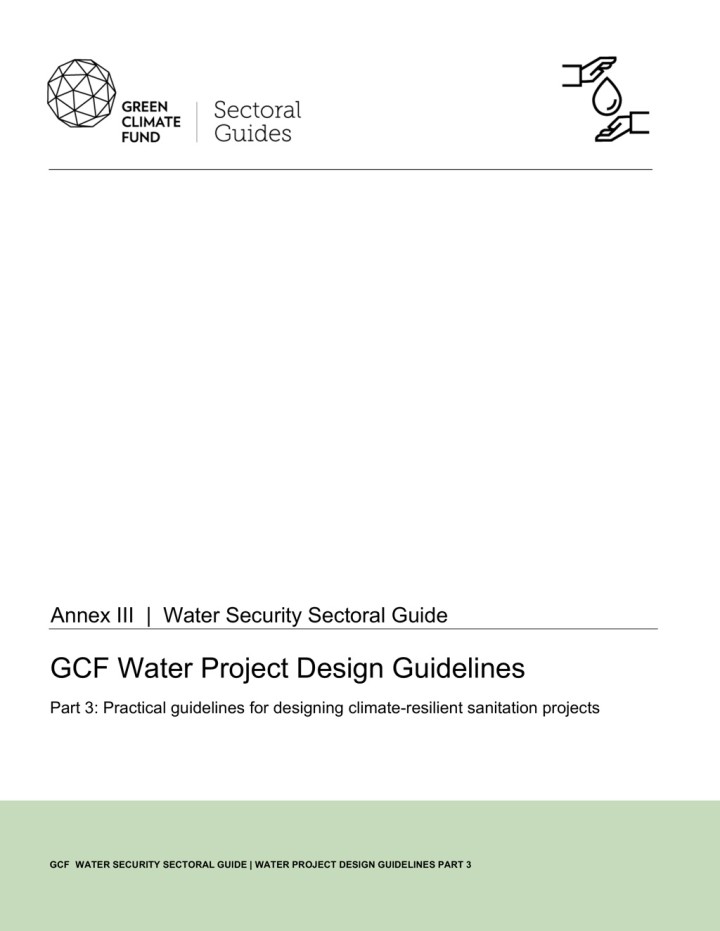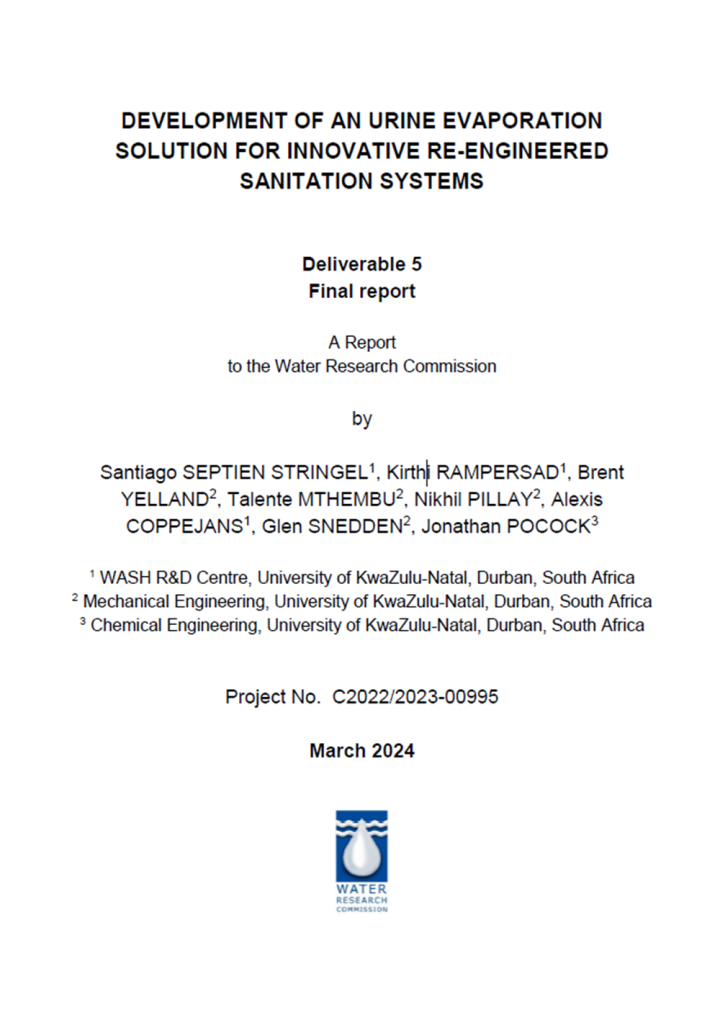World Health Organization (2021) Ending the neglect to attain the sustainable development goals. A Global Strategy on Water, Sanitation and Hygiene to Combat Neglected Tropical Diseases 2021–2030
The Strategy supports the achievement of the targets of the 2021-2030 road map on neglected tropical diseases (NTDs). It sets out the critical role of water, sanitation and hygiene (WASH) for prevention, care and management of NTDs, and the actions needed to ensure that WASH efforts result in improved and sustained health and wellbeing outcomes. The Strategy builds upon collaborations between the WASH and NTD […]
World Health Organization (2021) Mettre fin à la négligence pour atteindre les objectifs de développement durable : une stratégie mondiale pour l’eau, l’assainissement et l’hygiène afin de lutter contre les maladies tropicales négligées, 2021-2030
La stratégie soutient la réalisation des objectifs de la feuille de route 2021-2030 sur les maladies tropicales négligées (MTN). Il définit le rôle essentiel de l’eau, de l’assainissement et de l’hygiène (WASH) pour la prévention, les soins et la gestion des MTN, ainsi que les actions nécessaires pour garantir que les efforts WASH aboutissent à des résultats améliorés et durables en matière de santé et […]
World Health Organization (2021) Poner fin a la desatención para alcanzar los objetivos de desarrollo sostenible: estrategia mundial sobre agua, saneamiento e higiene para luchar contra las enfermedades tropicales desatendidas, 2021-2030
La Estrategia apoya el logro de los objetivos de la hoja de ruta 2021-2030 sobre las enfermedades tropicales desatendidas (ETD). Establece el papel fundamental del agua, el saneamiento y la higiene (WASH) para la prevención, atención y gestión de las ETD, y las acciones necesarias para garantizar que los esfuerzos de WASH den como resultado resultados de salud y bienestar mejorados y sostenidos. La Estrategia […]
World Health Organization (2018) دالئل توجيهية بشأن االصحاح والصحة
إن الهدف من هذه الدالئل التوجيهية هو تعزيز النظم والممارسات الصحية اآلمنة من أجل تعزيز الصحة. وتلخص هذه األدلة الروابط بين االصحاح والصحة، وتوفر التوصيات المبنية على األدلة، وتقدم التوجيه لتشجيع السياسات الدولية، الوطنية والمحلية، واتخاذ االجراءات الصحية التي تحمي الصحة العامة. تسعى الدالئل التوجيهية أبضا لدعم وتوضيح دور الجهات الصحية وغيرها في سياسة االصحاح والبرمجة جنبا إلى جنب مع الجهات األخرى إ وذلك لضمان […]
Всемирная организация здравоохранения (2018) Руководство по обеспечению санитарии и охраны здоровья населения
Безопасная санитария играет важную роль в обеспечении охраны здоровья людей — от предупреждения инфекционных болезней до улучшения и сохранения психического и социального благополучия. Руководство, подготовленное в соответствии с процессами, изложенными в изданном ВОЗ “Справочнике по разработке руководств”, содержит всеобъемлющие рекомендации по достижению максимального эффекта для здоровья от вмешательств в области санитарии. В нем в обобщенном виде излагаются фактические данные, подтверждающие связь между санитарией и здоровьем, даются […]
Organización Mundial de la Salud (2018) Guías para el saneamiento y la salud
Las guías se formularon en conformidad con los procedimientos planteados en el Manual de la OMS para la elaboración de directrices; estas guías prestan asesoramiento integral para potenciar al máximo los efectos sanitarios de las intervenciones de saneamiento. Las guías sintetizan la evidencia sobre las relaciones entre el saneamiento y la salud, aportan recomendaciones fundamentadas en la evidencia y ofrecen orientación sobre las políticas y […]
World Health Organization (2021) Покончить с игнорированием, чтобы достичь целей в области устойчивого развития: глобальная стратегия обеспечения водоснабжения, санитарии и гигиены для борьбы с забытыми тропическими болезнями, 2021−2030 гг.
Стратегия поддерживает достижение целей на 2021-203 годыСтратегия поддерживает достижение целей дорожной карты на 2021-2030 годы по забытым тропическим болезням (ЗТБ). В нем излагается важнейшая роль водоснабжения, санитарии и гигиены (ВСГ) для профилактики, ухода и лечения ЗТБ, а также меры, необходимые для обеспечения того, чтобы усилия в области водоснабжения, санитарии и гигиены приводили к улучшению и устойчивому достижению результатов в области здравоохранения и благополучия.0 дорожная карта […]
World Health Organization (2024) Multi-pathogen WES package (pilot versions)
"Wastewater and environmental surveillance (WES) is disease surveillance using samples from sewage, or other environmental waters impacted by human wastewater. WES has potential to provide information alongside other forms of disease surveillance to fill gaps in other surveillance data and inform the public health response. WES has been successfully used for many years in the polio eradication programme and more recently in the COVID-19 […]
Dr. ZAKARI M. Mounir, Dr. OUMAROU Issoufou MC, Dr. GONI A. Maman Bachir et Mr. ABDOU G. Mamane Achirou (2025) Equipe de recherche - Ecologie Santé Environnement
Les opérateurs de boues de vidange jouent un rôle essentiel dans le secteur de l'assainissement. Pourtant, leurs conditions de travail sont souvent précaires et dangereuses. Face à ce constat alarmant et au manque de données précises, ISW a financé une étude approfondie sur la situation des vidangeurs au Niger. Réalisée dans cinq villes (Niamey, Maradi, Zinder, Birni N'Gaouré et Tessaoua), cette étude a combiné enquêtes quantitatives […]
WHO & UNICEF (2022) WASH FIT: A practical guide for improving quality of care through water, sanitation and hygiene in health care facilities. Second edition
"WASH FIT is a risk-based, quality improvement tool for health care facilities, covering key aspects of WASH services: water; sanitation; hand hygiene; environmental cleaning; health care waste management; and selected aspects of energy, building and facility management. The first edition of WASH FIT was published in 2018 and as of 2022 is in use in over 40 countries. This second edition responds to member state and […]
Organisation mondiale de la Santé (2018) Lignes directrices relatives à l'assainissement et à la santé
"Elaborées conformément aux processus énoncés dans le Manuel OMS pour l'élaboration des lignes directrices, celles-ci fournissent une vue d'ensemble pour obtenir un impact optimal sur la santé des mesures d'assainissement. . Elles présentent une synthèse de l'état des données probantes disponibles concernant les liens entre l'assainissement et la santé, formulent des recommandations fondées sur des données factuelles et proposent des orientations encourageant des politiques internationales, […]
World Health Organization (2018) Guidelines on sanitation and health
"Developed in accordance with the processes set out in the WHO Handbook for Guideline Development, these guidelines provide comprehensive advice on maximizing the health impact of sanitation interventions. The guidelines summarize the evidence on the links between sanitation and health, provide evidence-informed recommendations, and offer guidance for international, national and local sanitation policies and programme actions. The guidelines also articulate and support the role of […]
World Health Organization Regional Office for Europe (2022) Water, sanitation and hygiene in health-care facilities: a practical tool for situation assessment and improvement planning
"Adequate water, hygiene and sanitation (WASH) services in health-care facilities, with waste management and environmental cleaning, are fundamental to ensuring high-quality care, safe maternal and child health services, infection prevention and control, and occupational health of health workers. In the light of the scarcity of available data and the lack of baseline information in many countries, World Health Assembly resolution WHA72.7 on WASH in health-care facilities […]
World Health Organization Regional Office for Europe (2024) Strengthening climate resilience in the drinking-water and sanitation sector through the Protocol on Water and Health
Strengthening the resilience of water and sanitation services to climate change is a key priority across the pan-European region. Infrastructure and supporting services are at increasing risk from climate threats, which may compromise the health and well-being of communities. Service providers are actively undertaking measures to reduce greenhouse gas emissions and adapt infrastructure and management strategies to enhance resilience. Climate change considerations are increasingly being […]
Rishi Agarwal, Abhishek Khanna, Meher Abrao, and Niharika Mukerji (2023) Building Inclusive and Resilient Citywide Water & Sanitation Services An evidence-based review of the role of small local service providers (SLPs)
Across low-and middle-income countries (LMICs), the public institutions mandated to provide water and sanitation services in cities—termed in this study as urban local bodies (ULBs) - have limited financial capacity and/or capabilities to provide citywide coverage. The population in unregulated areas, often informal, peri-urban, or low-income settlements, are typically covered, informally, by small local providers (SLPs), who are often not officially recognized or regulated. This […]
USAID Urban Resilience by Building and Applying New Evidence in Water, Sanitation, and Hygiene (URBAN WASH) (2023) The Role of Small, Local Service Providers in Inclusive Citywide Water and Sanitation
In low- and middle-income country (LMIC) contexts such as Sub-Saharan Africa and South Asia, between 44% to 51% of urban populations are unserved by piped water and 72% to 84% lack sewered connections1,2,3,4,5. A significant proportion of this population is likely served by small, local providers (SLPs). Despite the ubiquity of SLPs, existing programs and studies largely ignore the impacts these stakeholders have on service […]
Sue Cavill (2025) Pathways towards gender equality in and through humanitarian and transitional WASH assistance
The discussion paper identifies quality criteria, recommendations for action and monitoring indicators on how gender-responsive WASH programs can be implemented effectively in humanitarian and transitional WASH assistance. It also presents practical examples that show how gender-responsive as well as gender-transformative measures are already being successfully implemented in the WASH sector. The discussion paper is authored by the independent expert Sue Cavill. The development was accompanied […]
German WASH Network (2018) Results of the Dialogue Forum on "Menstrual Hygiene"
Dialogue forum organised by WASH United and the German WASH Network. A range of German stakeholders came together to discuss and share experiences on how to make Menstrual Health and Hygiene an issue on a global level.
Green Climate Fund (GFC) (2024) Annex III: Practical guidelines for designing climate-resilient sanitation projects Water Security Sectoral Guide
The practical guidelines for designing climate-resilient sanitation projects provide a framework for developing projects that address sanitation and climate change, including adaptation and mitigation strategies. It supports governments and development partners seeking Green Climate Fund (GCF) funding for climate resilient sanitation services, which can better cope with and be restored after climate events, while reducing carbon emissions. They mean healthier populations and ecosystems, and contribute […]
Santiago Septien Stringel, Kirthi Rampersad, Brent Yelland, Talente Mthembu, Nikhil Pillay, Alexis Coppejans, Glen Snedden, Jonathan Pocock (2024) Development of an urine evaporation solution for innovative re-engineered sanitation systems
In the sector of wastewater management and sustainable sanitation, the practice of urine separation and valorisation can offer reuse water and nutrients for crop production. However, the effective realization of urine separation necessitates the concurrent development of urine treatment systems. While membrane filtration techniques have been employed to concentrate urine, these options are unable to concentrate urine beyond a certain threshold. This limitation underscores the […]
